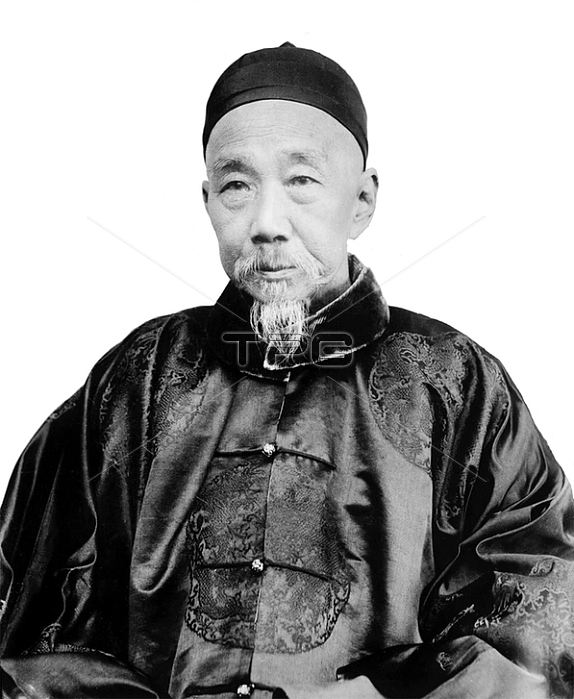
Liu was a holder of the senior licentiate degree in the imperial examination system. He entered the Hunan army in 1855; and worked under Li Hongzhang during the suppression of the Taiping Rebellion. In recognition of his services; he was created a baron and awarded the position of governor of Jiangxi; a role in which he served from 1865 to 1874.
In 1875; he was given the position of Viceroy of Liangjiang; but was almost immediately transferred to the post of Viceroy of Liangguang; where he remained for the next four years. He was then returned to the former post; where he served until 1881.
In addition to his regular duties in this post; he was asked in 1880 to advise the emperor on Chinese diplomatic policy toward Russia and Japan. After the French invasion of Vietnam; he also advised the emperor on that matter. Liu spent the next several years in retirement; but was recalled to the same post in 1890.
He contained several anti-missionary movements for the next four years; until he was made Imperial Commissioner in charge of troops at Shanhaiguan; a strategic pass between Chihli and Manchuria.
Liu urged the imperial court to prolong the First Sino-Japanese War; hoping for a favorable outcome for the Chinese side; but returned to his post after the Treaty of Shimonoseki was signed in 1895.
In 1900; Liu gained distinction for controlling the Boxer Rebellion and not following the Imperial edict to exterminate all foreigners in China. Liu Kunyi died in 1902; shortly after submitting three joint reform memorials to the Emperor.
| px | px | dpi | = | cm | x | cm | = | MB |
Details
Creative#:
TOP20146446
Source:
達志影像
Authorization Type:
RM
Release Information:
須由TPG 完整授權
Model Release:
No
Property Release:
No
Right to Privacy:
No
Same folder images:

 Loading
Loading